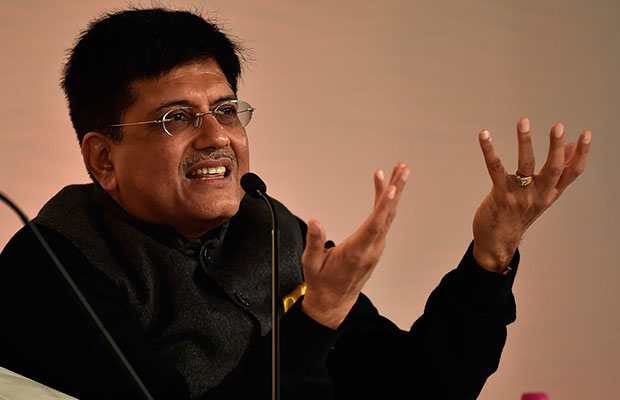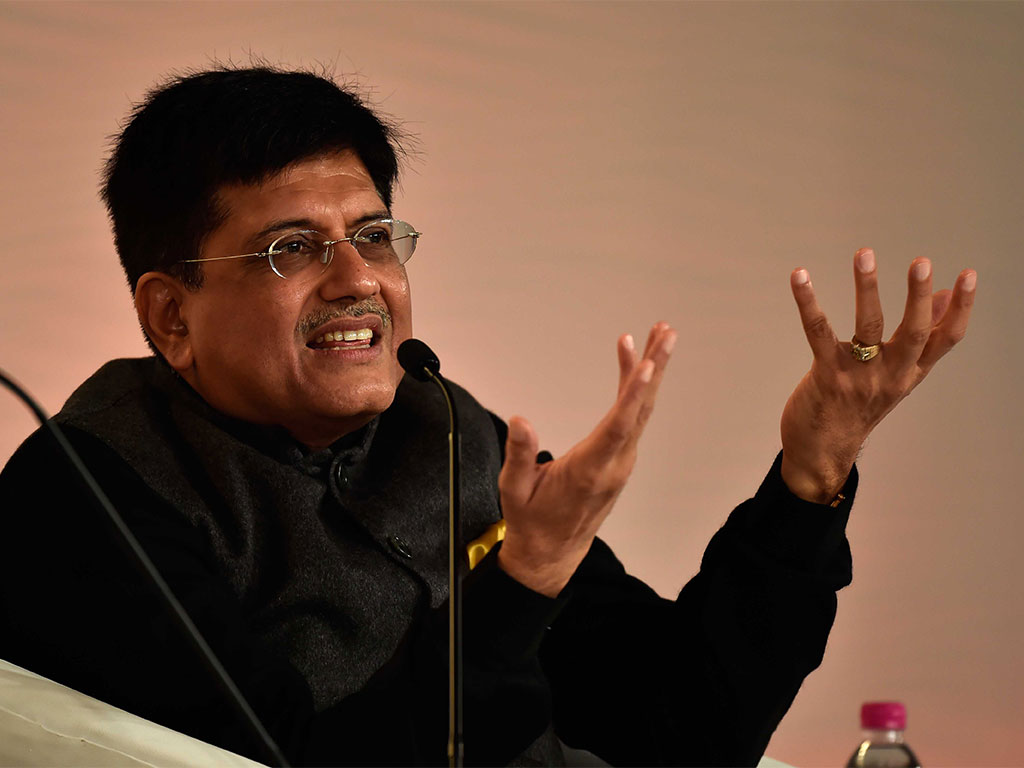India eschews coal emissions targets
India’s Power Minister has admitted that upcoming emissions targets will be missed, while coal power plants under construction are likely to undermine Paris Agreement commitments


It is looking increasingly unlikely that India will be able to kick its long-standing coal dependence and fulfil its commitments to emissions deadlines. While global markets have seen a broad-based shift away from the heavily polluting energy source, India’s power production remains dominated by coal and it still makes up 63 percent of the country’s electricity generation.
Two years ago, concern over the magnitude of emissions being produced by the country’s power plants prompted the Indian Ministry of Environment, Forest and Climate Change to introduce stricter standards regarding carbon dioxide, sulphur dioxide and nitrogen oxide production in coal plants. The deadline for completion of the targets is approaching in December. However, according to Indian Minister for Power Piyush Goyal, the prospect of hitting this deadline is no longer on the cards. “We don’t have enough domestic capacity to meet this requirement in such a short period”, he said in an interview with the Financial Times.
India’s power production remains dominated by coal and it still makes up 63 percent of the country’s electricity generation
This admission comes just a week after a paper published by journal Earth’s Future concluded that plans currently underway to build 370 new coal-fired in India are on track to substantially undermine the country’s Paris Agreement pledge. India’s climate targets, which have already been criticised for not being sufficiently stringent, include a pledge to reduce the overall emissions intensity by 33 to 35 percent by 2030. However, if the proposed coal-fired plants are built, according to the paper, the resultant emissions will make this target unreachable. The paper predicted that the planned plants would increase coal-generating capacity by 123 percent, an amount that would lead to energy production outstripping demand when taken in conjunction with India’s parallel target to produce at least 40 percent of its power from non-fossil sources. While it is not clear that all of the planned projects will be completed, the analysis presents an alarming verdict of the nation’s commitment to emissions targets.
According to the report: “The current proposals for new coal-fired plants could therefore either ‘strand’ fossil energy assets (i.e. force them to retire early or else operate at very low capacity factors) and/or ensure that the goal is not met by ‘locking-out’ new, low-carbon energy infrastructure.”
As it stands, India is the third-largest emitter of greenhouse gases. The carbon intensity of its coal power production, coupled with its vast population and fast-industrialising economy, makes its adherence to targets a profound concern for global emissions levels. Despite this, Goyal has deflected responsibility: “India is not a polluter. It’s America and the western world that has to first stop polluting…India is doing its bit far more than we are responsible”, he said.













